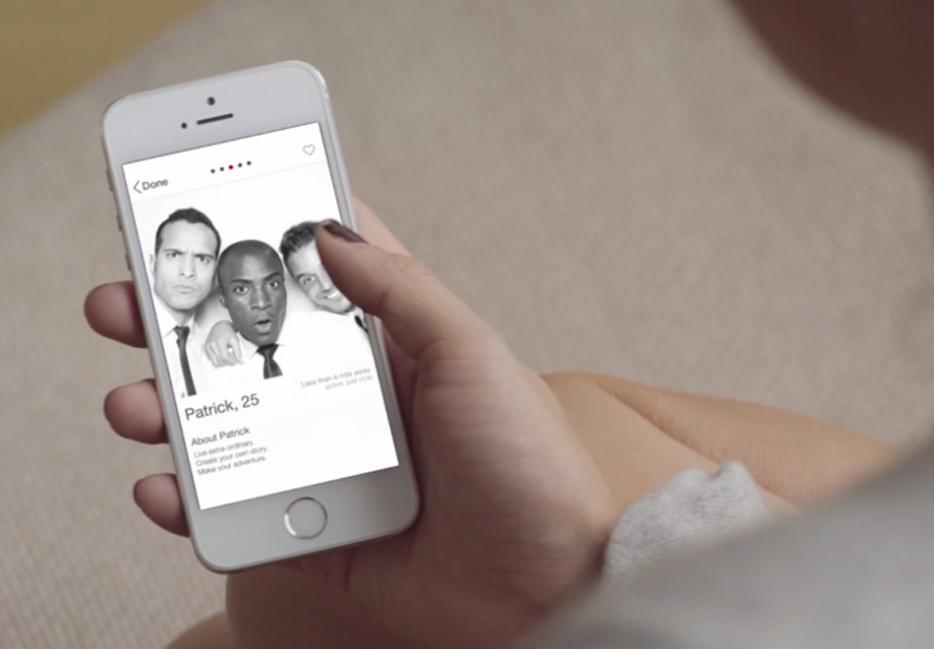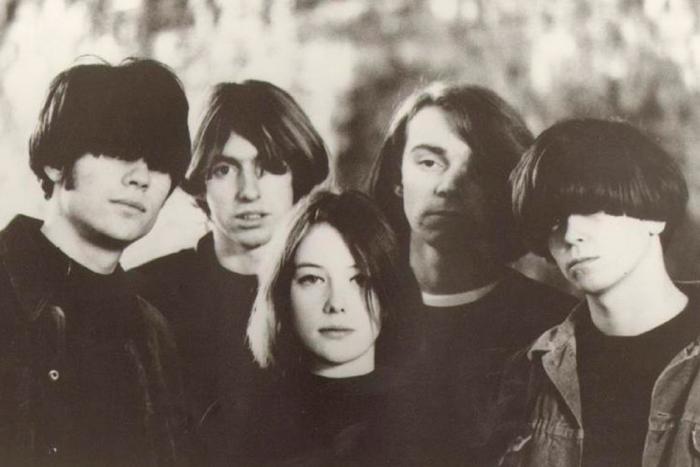A few days ago, for no more than half a second, I thought I could Google smells. I don’t mean that I thought I could simply look them up—rather, for the tiniest fraction of time, I thought I could type the name of a smell into my computer and then I would be able to smell it.
Alas, no sooner had I thought that Smell-o-Google™ was real than I realized it was just, yet again, my mind playing tricks on me. I’m used to it, though. I often feel as if I can swipe through shelves of CDs, scribble across a PDF, or pinch-to-zoom on the scene I see through the bus window. Somehow, the differing characteristics of digital and physical things are constantly blurring for me, as the fictional and the real also continually blend in my addled brain. I don’t quite know why I’m so susceptible to such synesthesia-like confusion. Perhaps a life so dominated by the page and screen alike cannot help but result in a constant sense that reality is just the one text of fiction we convince ourselves is true.
As I thought about the brief glitch in the Matrix of my mind, however, I realized I wasn’t so much searching for an aroma as I was trying to evoke the emotion associated with it. I wanted to be able to call up a feeling, to retrieve at will some ephemeral sentiment, now lost. After all, sitting in front of a screen, I am often able to do just that. With a couple of clicks, I can pull out that aching song from some long-gone summer romance. A picture of family now thousands of miles away with whom I shared an intense connection can be found easily along with the warmth I associate with it. And the grey streets of East London that I cycled through as a child conjure strange feelings of loss and nostalgia when my virtually embodied self wanders through them.
For both good and ill, the web is an archive of the evocative. It is a pantheon of our affiliation to the objects, art, and memories that make up who we are. Pick an emotional fragment, some shard of self from years gone by, delve deep within the black digital lagoon, and then come up, gasping for air, dripping in affect.
That isn’t new, of course. We used to pick sad songs from a shelf of records, or ask a friend to read us poetry, or gather round fires and chant in mourning. We have always sought some thing “out there” to connect us to what we feel “in here”—or, sometimes, the other way round. But as with most things digital, the difference with the web is both scale and immediacy—that there just is so much available, and so quickly, too.
I’ve been thinking about this a lot recently because I’ve taken to using Tinder. If you’ve yet to stumble upon it, Tinder is a dating app that, instead of the intricate profiles of most such services, simply presents users with a picture of a person, and asks them to signal a like with a swipe to the right and disinterest with one to the left. Only users who like each other are matched up, after which they can message each other.
Of course, I say that I’ve been “using” Tinder, but the truth is that I haven’t, really—at least not the way it was intended. As it turns out, if you aren’t the sort of person to start a conversation with a stranger in a bar, you won’t do it through an app, either. At least, I won’t. I’ve never sent anyone on Tinder a message, even if they’ve pinged me first. The digital and physical might have different characteristics, but they’re not and never have been separate worlds.
Instead, I use Tinder in the way a user I recently came across described so well on her profile: “I’m not here to date; I just love this swiping game.” All I do is thumb left or right, and when, a message pops up saying someone has “liked” me too, I get a little thrill of satisfaction—and then I get back to swiping. What I want from Tinder isn’t dates or casual sex or romance, it’s the same thing I want from Twitter, Facebook, and quite possibly this article you’re reading right now: affirmation—some signal from the outside world that I exist, and that I might be worthy.
Still, whenever I stop to think about it, there’s something a bit iffy about sitting on my bed in the dull blue glow of my phone, consuming images of women. If digital technology can be an archive of the evocative, then in the right hands it can also make a game of emotion. In much the same way that I can dive into the web to wallow in loss or revel in the memory of joy, so too can I use it to fill in the puncture wounds I’ve accumulated over time and don’t know how to properly heal.
It would be easy then to parrot the incessant cries that technology leads us away from reality—that it substitutes a kind of virtual catharsis for the satisfaction borne of real action. That feels too simplistic, though. This past weekend, my phone kept on chiming as photos and messages from a cousin’s wedding in India streamed in. To say that this space within which my family virtually gathered to celebrate was unreal would be, well, false.
Yet, I’m only left to wonder at the ease with which one can slip into a limitless library of affect. It’s not so much that I worry about the lure of screens, or even digital itself, as much as the logic of the contemporary web and app world. Facebook, Tinder, Twitter, Instagram—all these Silicon Valley things can be used to great effect, but to great exploitation, too. And like the evanescent, invisible nature of a smell, sometimes I wonder if the California Ideology—that sentiment, thought, people, can all be reduced to a flickering signifier—isn’t slipping in unnoticed under the door, creeping into our minds.






